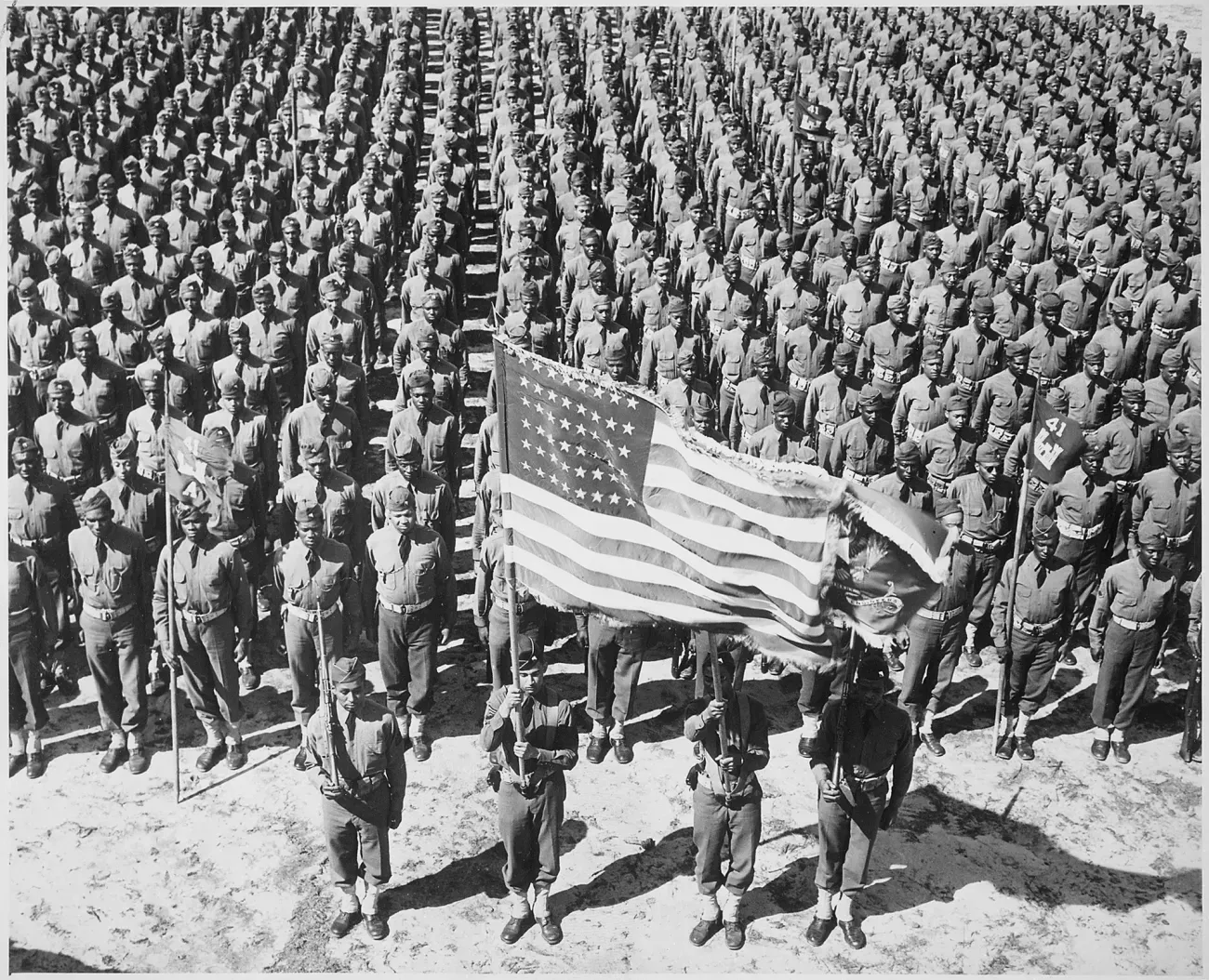Which Was Worse
The Transatlantic Slave Trade or the Berlin Conference?

The histories of Africa and its diaspora have been profoundly shaped by two catastrophic events: the Transatlantic Slave Trade and the Berlin Conference. Both were devastating in different ways—one violently uprooted millions from their homeland and subjected them to unimaginable suffering, while the other systematically carved up an entire continent, setting the stage for economic and political dysfunction that persists to this day. But which was worse? While the answer is complex, it ultimately depends on how one defines “worse.” Is it measured in human suffering, long-term consequences, or the scale of destruction? To truly assess their impacts, we must examine both their immediate effects and their lasting legacies.
The Horror and Scale of the Transatlantic Slave Trade
The Transatlantic Slave Trade was one of the most brutal and dehumanizing enterprises in human history. Between the 16th and 19th centuries, European traders forcibly removed an estimated 12 to 15 million Africans from their homes, cramming them into ships under horrific conditions. Many did not survive the Middle Passage—death by disease, starvation, or outright murder was common. Those who did survive were treated as commodities, sold like livestock, and subjected to brutal conditions on plantations in the Americas. Families were torn apart, languages and cultures were erased, and generations of people lived and died in bondage.
But the damage didn’t stop with slavery itself. Even after abolition, freed Africans and their descendants continued to face oppression through systems designed to keep them economically and socially disenfranchised. The racial hierarchy created by slavery did not disappear; it simply evolved into segregation, colonial rule, and racial capitalism. The descendants of enslaved Africans in the Americas are still fighting for equality, justice, and economic power, showing just how deep the scars of slavery run.
Beyond the diaspora, Africa itself suffered immensely. The slave trade not only depopulated the continent but also destabilized its societies. Kingdoms waged wars to capture slaves and trade them for European goods, leading to cycles of violence. Skilled labor was drained from African societies, stunting technological and economic development. Meanwhile, Europe and the Americas thrived on the wealth generated by African labor, further deepening global racial and economic inequalities.
The Berlin Conference: The Carving Up of a Continent
If the Transatlantic Slave Trade was about the violent removal of people, the Berlin Conference of 1884-85 was about the violent takeover of their land. In what can only be described as one of the most arrogant and destructive meetings in history, European powers gathered in Berlin to divide Africa among themselves, without a single African present. The goal was to establish rules for European colonization to prevent conflicts between colonial powers, but no consideration was given to the African people who lived on the land.
The result was a complete reordering of Africa according to European interests. Artificial borders were drawn with no regard for ethnic, cultural, or linguistic groups. Communities that had lived together for centuries were suddenly split into different colonies, while rival groups were forced into the same territories. This created deep-seated conflicts that persist to this day, fueling civil wars, ethnic tensions, and political instability.
Under colonial rule, Africans were subjected to brutal exploitation. European powers extracted resources—gold, rubber, oil, diamonds—while imposing systems of forced labor. Infrastructure was built not for the benefit of Africans, but to serve colonial economies. Education was limited to producing obedient workers, and local governance structures were dismantled in favor of European administration. Traditional economic systems were destroyed, leaving African nations dependent on Western markets.
Even after gaining independence, African nations struggled to undo the damage. Colonial economies were designed to serve foreign interests, not local prosperity. Newly formed governments inherited weak institutions, arbitrary borders, and economies still controlled by former colonial powers. To this day, many African nations remain locked in a cycle of debt, corruption, and political instability, much of which can be traced back to the legacy of colonial rule formalized at the Berlin Conference.
Comparing the Two: Which Had the Greater Impact?
The Transatlantic Slave Trade and the Berlin Conference were both monumental in their destruction, but they affected Africa and its diaspora in different ways. The slave trade was a direct attack on African people—it dehumanized them, uprooted them, and condemned them to centuries of suffering. It created the racial caste system that still exists in much of the Western world. The Berlin Conference, on the other hand, was a direct attack on Africa itself—it divided the land, crippled its economies, and sowed the seeds for ongoing instability.
In terms of sheer human suffering, the Transatlantic Slave Trade may seem worse because of the inhumane conditions and the long-lasting racial oppression it established. However, the Berlin Conference arguably had a more lasting impact on Africa as a continent. While the slave trade took millions of lives and created a global Black diaspora struggling for equality, the Berlin Conference created a system that ensured Africa would remain underdeveloped and politically unstable for generations.
One could argue that Africa might have been able to recover from the slave trade had it been left alone to rebuild. However, the Berlin Conference ensured that the continent would remain under foreign control long after slavery ended. By the time African nations gained independence in the mid-20th century, they were already economically crippled, politically unstable, and deeply divided. This made it difficult for them to build strong, self-sufficient nations, leaving them vulnerable to neocolonialism, foreign exploitation, and internal conflict.
Why This Debate Matters Today
The question of whether the Transatlantic Slave Trade or the Berlin Conference was worse is not just an academic exercise—it has real-world implications for how we understand and address the challenges facing Africa and its diaspora today. If we view slavery as the greater evil, then the focus should be on repairing the damage done to Black people in the Americas through reparations, economic empowerment, and dismantling systemic racism. If we view the Berlin Conference as the greater evil, then the focus should be on addressing Africa’s political and economic challenges, restructuring global trade relationships, and ensuring African nations have full control over their own resources.
But the truth is, we cannot separate the two. The struggles of Black people in America and the struggles of African nations are deeply intertwined. The exploitation of Africa did not end with slavery—it simply changed form. The wealth extracted from African labor built the Western economies that continue to dominate global finance. The same colonial-era economic structures that left Africa underdeveloped are the ones that keep Black Americans in economic hardship.
If we truly want to break the cycle, we must see the fight for justice as a global one. Reparations for slavery and economic investment in Africa are not separate issues—they are two sides of the same coin. Black communities across the world must work together to dismantle the systems that keep them oppressed, whether those systems are in Washington, Paris, or Johannesburg. Only then can we begin to repair the centuries of damage caused by both the Transatlantic Slave Trade and the Berlin Conference.
So, which was worse? Perhaps the real tragedy is that we even have to ask.


